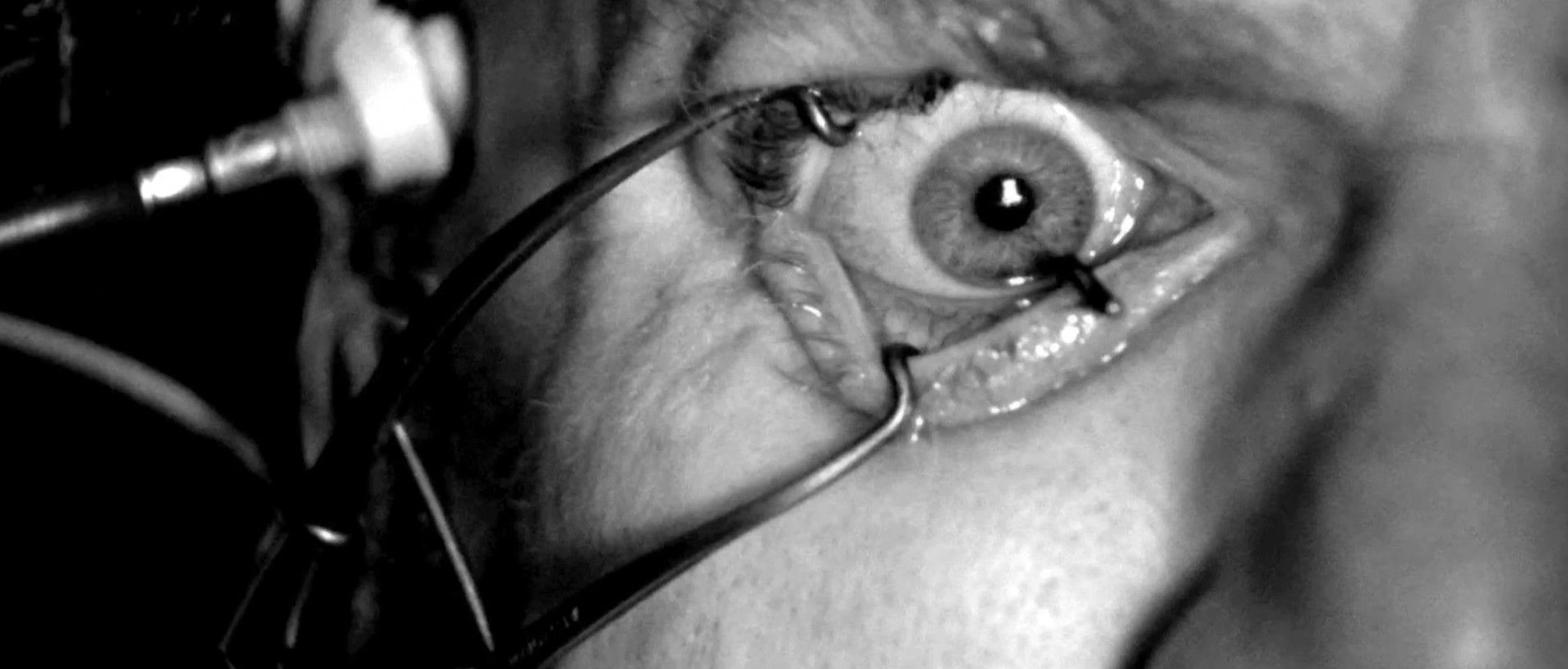Phil Walter: Behavior Change and the Instruments of Power

Phil Walter has served in the military, the intelligence community, and the inter-agency. The views expressed here are those of the author alone and do not contain information of an official nature. He tweets @philwalter1058 and blogs at www.philwalter1058.com. This is a companion piece to episode 33 of the Covert Contact podcast.
From the leader of the strongest country imaginable to the head of the local homeowners’ association, individuals and groups take actions using the capabilities at their disposal to change the behaviors of others in order to advance their own interests. The leader of Country A may use its military to intimidate Country B into allowing access to a waterway so that Country A’s goods can flow freely through it, thus improving Country A’s economy. The head of the local homeowner’s association may levy a fine on a resident because their unsightly lawn contributes to decreased home values throughout the neighborhood. Whether the issue is large or small, a stimulus is applied to produce a response — a change in behavior.
Much of what we know today regarding behavior change comes to us from the research of Psychologist Burrhus Frederic “B.F.” Skinner, who is regarded as the father of Operant Conditioning. Broadly, Operant Conditioning seeks to change behavior through reinforcement or punishment. Reinforcement is something done to an individual or group that will increase the probability of a desired behavior being repeated. Punishment is something done to an individual or group that will decrease the probability of an undesired behavior being repeated. [1]
While B.F. Skinner likely did not begin his work with national security in mind, some of his research may be valuable when considering the application of the Diplomatic, Informational, Military, and Economic (D.I.M.E.) instruments of power. [2] Though strategy documents may broadly describe national security objectives, implementation will involve using the instruments of power to reinforce or punish individuals or groups to encourage them to behave in a desired manner. Note that the instruments of power may be used alone or in concert, and either positively or negatively; below are selected examples. The diplomatic instrument may seek to change behavior through reinforcement. A diplomat may engage an individual or group, describing the desired change in behavior and how the individual or group will benefit. The information instrument can be used to provide the individual or group the data they need to make a decision and ensure they understand how punishment could follow if they fail to change their behavior. If the desired behavior change does not occur, then the economic instrument in the form of sanctions could be used as a punishment. This punishment would negatively impact the individual or group’s quality of life and possibly remain in place until they change their behavior. In extreme situations, the military instrument could be used to visit violence upon the individual or group as punishment until their behavior changes.
Beyond psychological theory and strategy documents lies implementation. Using the instruments of power to achieve a desired behavior change in order to advance interests is imprecise, not without error, and must be constantly adjusted as people and situations change. Below is a short list of questions that, though not exhaustive, may help one assess whether or not the individual or group behavior can be changed, which instrument of power is most appropriate, and whether the instrument should be utilized for reinforcement or punishment.
-
Whose behavior am I trying to change? (Individual or group? Individuals within a group? Sub-groups within a larger group?)
-
How long has the individual or group behaved in this manner?
-
How does the individual or group view the world? (Individual history? Group history? Self-identity? Group identity? Culture?)
-
What does the individual or group value? (Maslow’s Hierarchy of Needs may be of value here — Physiological Needs, Safety, Love / Belonging, Esteem, Self-Actualization) [3]
While B.F. Skinner’s Operant Conditioning, D.I.M.E., and Maslow’s Hierarchy of Needs are imperfect, they can be useful when thinking about how to change the behavior of others. Compared to changes in technology, human nature remains relatively static. One thousand years ago and one thousand years from now, an individual or group will be trying to change another individual or group’s behavior in order to advance their own interests and the same principles of behavior modification will likely apply.
[1] McLeod, S. (2015). B.F. Skinner | Operant Conditioning | Simply Psychology. Retrieved November 23, 2015, from http://www.simplypsychology.org/operant-conditioning.html
[2] Joint Publication 1 Definition “instruments of national power” (n.d.). Retrieved November 30, 2015, from http://www.dtic.mil/doctrine/dod_dictionary/data/i/3974.html
[3] McLeod, S. (2014). Maslow’s Hierarchy of Needs. Retrieved November 23, 2015, from http://www.simplypsychology.org/maslow.html
